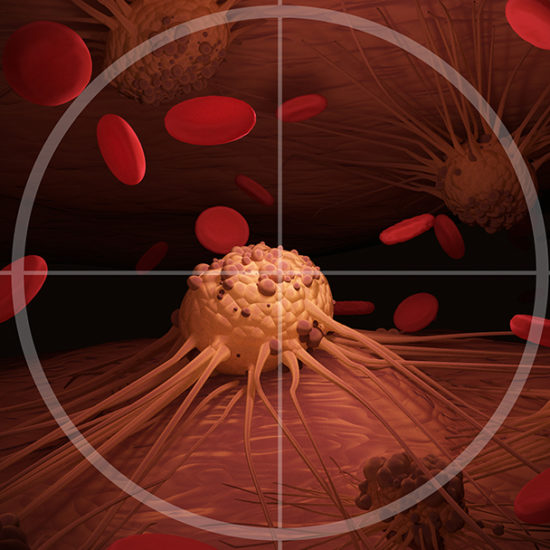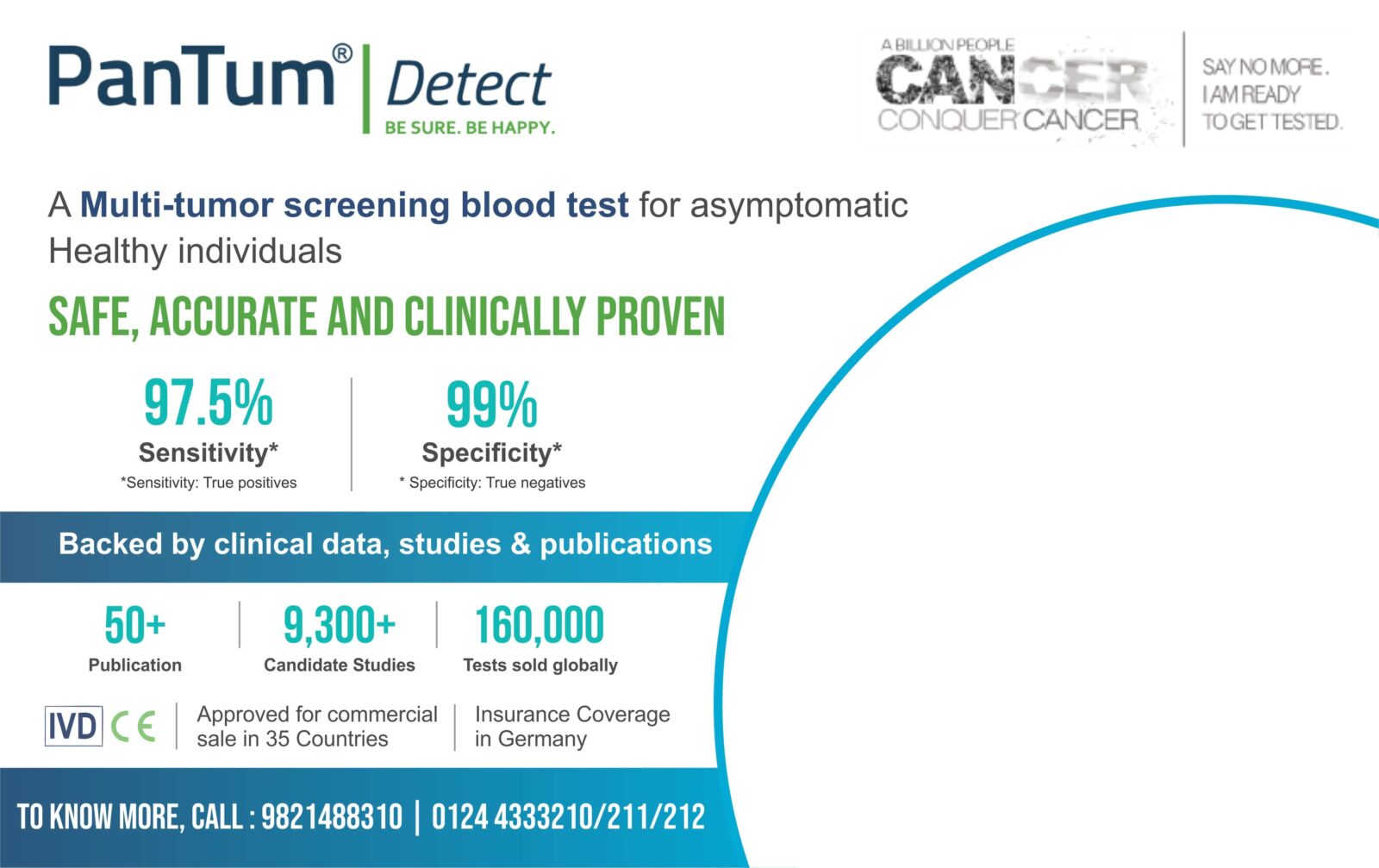What is Molecular / Targeted Therapy?
Targeted therapy is also a cancer treatment that uses drugs. However, it is different from traditional chemotherapy. Unlike chemotherapy, it works by only targeting specific genes or proteins, and not healthy cells too. These genes and proteins are found in cancer cells or in cells related to cancer growth, like blood vessel cells. The “targets” of targeted therapy To understand targeted therapies, it is important to know how cancer cells develop. First, cells make up every tissue in our bodies. There are many different cell types, such as blood cells, brain cells, and skin cells. Each type has a unique function. Cancer begins when specific genes in healthy cells change abnormally. This change is referred to as a “mutation”. Genes tell cells how to create proteins that keep them working. If the genes change, these proteins change, too. This makes cells either divide adversely or live too long. When this happens, the cells start to grow uncontrollably. The out-of-control cells form a tumor. Drugs have now been developed that target these specific changes.
They work by:
• Blocking or turning off the signals that tell cancer cells to grow and divide,
• Keeping cells from living longer than normal, or
• Killing the cancer cells.
Molecular Targeted Therapy is a kind of bespoke medical therapy specifically designed to treat individual cases of cancer by interrupting unique molecular abnormalities that propel cancer growth. The drugs used in targeted therapy are designed to interfere with the functionality of a specific biochemical pathway essential to the growth, development, and spread of that particular cancer. Molecular Targeted Therapy is personalized to meet each patient’s individual needs because cancer evolves differently in everyone. In some cancers the molecular targets are known but in others the targets are still to be identified. In some cases, the same types of cancer may even have different molecular targets. Identifying the molecular targets in a patient’s particular cancer requires working closely with pathologists to carefully pin point the correct cancer pathology. Targeted molecular therapy provides medical oncologists with a way to customize cancer treatment with efficacy.
The advantages of targeted molecular therapy include:
• Potentially less harm to healthy cells
• Potentially fewer side effects
• Improved efficacy
• Improved quality of life









No Comments
Sorry, the comment form is closed at this time.